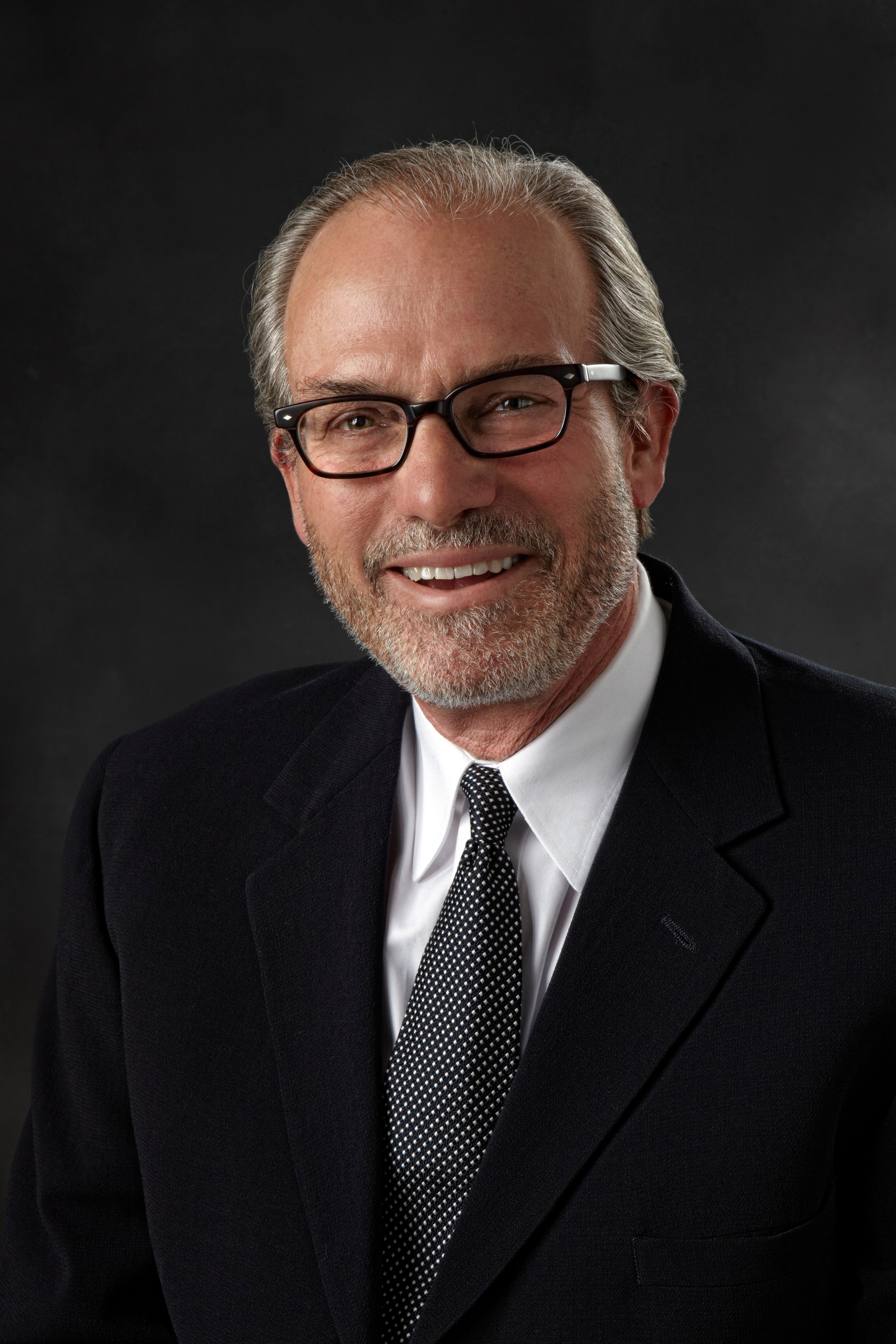 It can be difficult to tell if you’ve changed. Changes related to stress are frequently explained away as understandable or happen so gradually that we don’t recognize they are occurring. Changes in our personality, interactions with others, patience, mood and reactivity are frequently recognized by others in our lives (friends, co-workers, colleagues, family and, yes, patients, too,) and we may be the last to figure it out.
It can be difficult to tell if you’ve changed. Changes related to stress are frequently explained away as understandable or happen so gradually that we don’t recognize they are occurring. Changes in our personality, interactions with others, patience, mood and reactivity are frequently recognized by others in our lives (friends, co-workers, colleagues, family and, yes, patients, too,) and we may be the last to figure it out.
With the usual culprits of change and stress related to our EMR’s, changes in corporate governance, oversight of prescribing, productivity expectations, a dissatisfied patient, or our personal lives, are additional complications due to the COVID-19 pandemic and the world around us.
The COVID-19 Impact Report from the Well-Being Index[1] surveyed physicians, nurses, residents, medical students, pharmacists and others healthcare workers from March through August of 2020 (40,000 assessments were completed), and noted distress in many healthcare professionals from various vantage points. One of these was financial impact (worse for MD’s, RN’s and APRN’s), another was increases in workload, caring directly for COVID patients, as well as changes in the workplace environment, among many other variables.
The Physicians Foundation’s 2020 Survey of America’s Physicians: COVID-19’s Impact on Physician Wellbeing[2] found many comparable data points around the impact of the pandemic on physicians, including a 58% burnout rate and nearly 1 in 4 physicians (22%) know a physician who committed suicide.
Recent news reports appear to emphasize the fear and anxiety the frontline healthcare providers live/lived with during COVID—from worry about their own health, to being sick, to watching death and human suffering of patients and families.
In addition to our personal awareness and the awareness of others around us, some simple warning symptoms may include changes in our sleep, energy, exercise patterns, eating habits and weight, social patterns and the experience of joy, happiness, contentment, anxiety or sadness.
What Can You Do?
If it feels like you have been changed from the events of the COVID-19 pandemic and recent events in ways that are not healthy or positive, one of the first steps you can do is to talk with a trusted colleague, friend, or family member.
You can ask simple questions with the intent of seeing if you’re behaving and acting (or reacting) in a normal way, like your normal self.
Here are some questions you can ask:
-
How have you been?
-
Is the new contract (or EMR, or supervisor, or whatever) concerning to you?
-
I’ve been really tired lately, how about you?
-
This is really getting to me, what about you?
-
This has been my fear and experience recently. Is your experience the same?
You can also engage in self-reflection and self-awareness work—of yourself, your surroundings and your feelings and reactions. Be objective with yourself, and ask, “Am I My Usual Self?” From there, you can develop a plan to address any concerns that may become clear as you answer this.
Your VITAL WorkLife Well Being Resources are a great place to start with this work and reflection, including:
- On the VITAL WorkLife App, you can take the Maslach Burnout Inventory assessment, the Well-Being Index assessment, invented by the Mayo Clinic, and assessments for each dimension of well being, which can help you reflect on how you’re feeling and what you’re experiencing.
- A Peer Coach can act as a sounding board and help you through this process. You can bounce ideas off your coach, they can validate your feelings and offer an outside (external) perspective about what you’re experiencing—whether it’s something you’re going through internally, something within your organization or in your personal life.
- VITAL WorkLife’s Peer Coaching study, which measured pre- and post-well being of physicians and APPs who used Peer Coaching, found a 58% improvement in well being, and the three most common benefits of coaching were improved self-awareness, improved confidence and emotional validation[iii].
When you are your best self, you’ll see positive changes in all areas of your life—at work, in your relationships with your colleagues and patients, increased energy and enthusiasm—and in your personal life—with relationships with loved ones and finding more joy in your life.
So ask yourself the question, “Am I My Usual Self?”, and if you don’t feel like yourself, know it is very important to have identified this, and support and help is just a click or phone call away.
We Can Help
MEMBERS: Your VITAL WorkLife Well Being Resources are confidential. To access your resources, including Peer Coaching, Face-to-Face or Virtual Counseling, contact us at 877.731.3949 or through the VITAL WorkLife App.
Interested in learning more about our proactive solutions for physicians and providers? Get in touch with us!
[1] https://www.mywellbeingindex.org/covid-19-phase-1-impact-report
[2] https://physiciansfoundation.org/physician-and-patient-surveys/the-physicians-foundation-2020-physician-survey-part-2/
[iii] Ferron, L, Shannon, DW. Peer Coaching Impacts on Physician Well Being. VITAL WorkLife. 2021.


